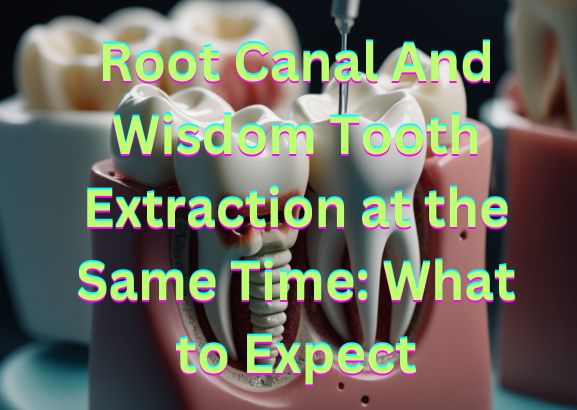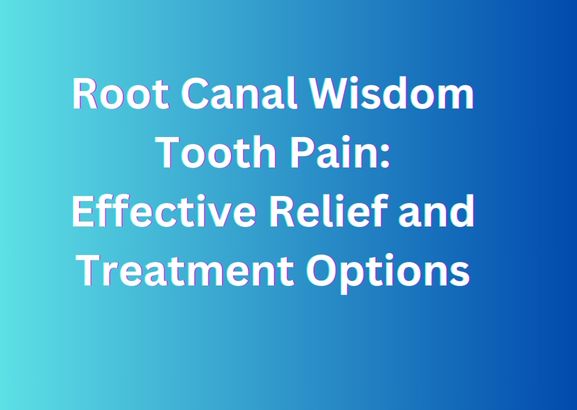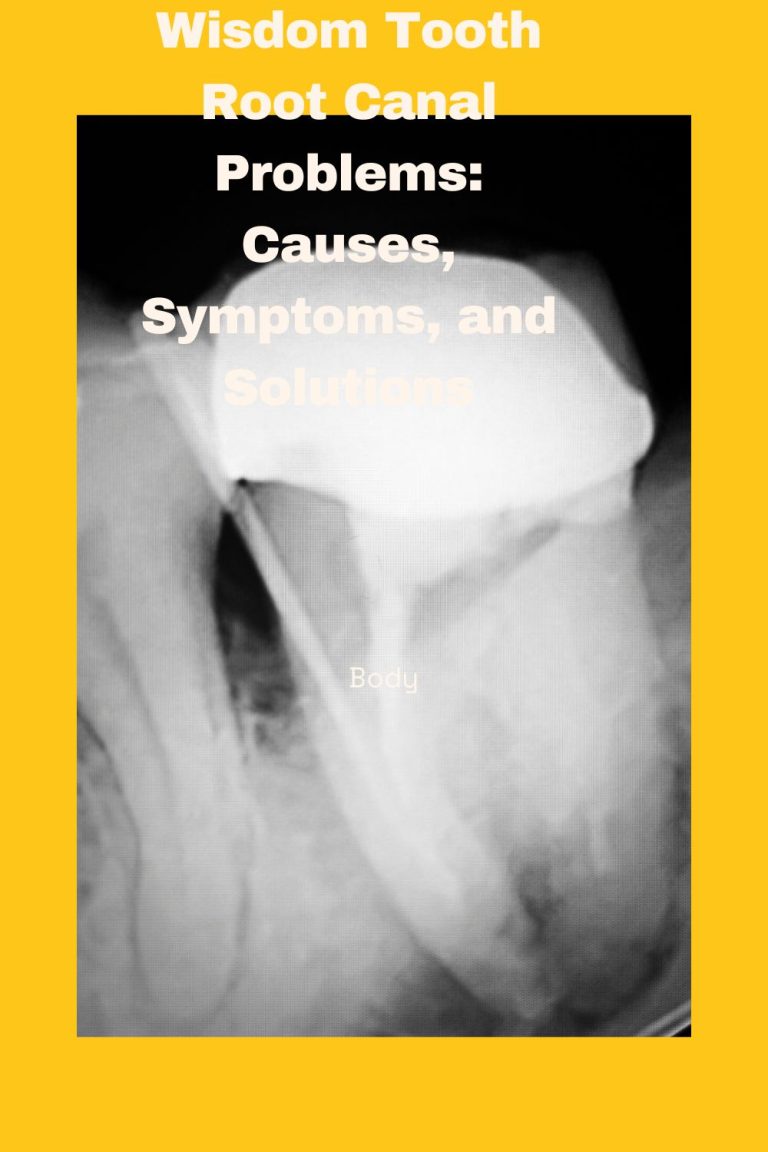How to avoid Root Canals
Last Updated on 6 months by DR. ALBIN SIPES
To avoid a root canal, practice good oral hygiene by brushing and flossing regularly, getting regular dental check-ups, and addressing dental issues promptly. By doing so, you can cut the chances of developing cavities and gum disease, which are leading causes of root canal treatment.
Additionally, adopting a healthy diet low in sugar and acidic foods can help promote dental health and reduce the risk of tooth decay. Taking all these preventive measures plays a crucial role in avoiding the need for a root canal procedure.
Understanding Root Canals
Root canals are a dental procedure used to treat infected or damaged tooth pulp. By understanding what they are and why they are necessary, you can take steps to avoid them. The pulp of the tooth contains nerves, blood vessels, and connective tissue, and when it becomes infected, it can cause severe pain and possibly lead to tooth loss.
To avoid root canals, practice good oral hygiene, including brushing and flossing daily. Regular dental check-ups are also crucial to catch any potential issues early on. Avoiding sugary foods and drinks can help prevent tooth decay and the need for a root canal.
Remember to wear a mouthguard when playing contact sports to protect your teeth from injury. Taking these preventive measures can help you maintain a healthy smile and avoid root canals.
Promoting Good Oral Hygiene
Maintaining good oral hygiene is crucial to avoid the need for a root canal. Regular dental check-ups and cleanings play a vital role in promoting optimal oral health. Need to follow proper brushing and flossing techniques. By doing so, you can effectively remove plaque and prevent the buildup of harmful bacteria.
Remember to brush your teeth at least twice a day and floss daily to reach areas that are difficult to clean with a toothbrush. Using a soft-bristled toothbrush and fluoride toothpaste can also contribute to the overall health of your teeth and gums.
Additionally, incorporating mouthwash into your routine can provide an extra layer of protection against cavities and gum disease. With consistent and disciplined oral care, you can minimize the risk of needing a root canal procedure.
Diet And Lifestyle Habits For Healthy Teeth
Good dental health starts with proper diet and lifestyle habits. The impact of sugar intake on dental health is significant. Consuming excessive sugar increases the risk of tooth decay and cavities. It’s crucial to minimize sugar consumption To avoid root canal treatment.
Cut down on sugary drinks, candies, and processed snacks. Instead, opt for nutritious foods that promote strong teeth. Incorporate calcium-rich foods like yogurt, cheese, and leafy greens into your diet. Vitamin D and phosphorus also contribute to dental health, so include foods like fatty fish, eggs, and nuts.
Regular brushing, flossing, and dental check-ups are equally important for maintaining healthy teeth. By following these nutritional tips and practicing good oral hygiene, you can prevent the need for a root canal.
Maintaining Proper Dental Care Practices
Maintaining proper dental care practices is crucial in preventing the need for a root canal. Start by carefully choosing the right toothbrush and toothpaste for your oral hygiene routine. Consider the benefits of using mouthwash and fluoride treatments to strengthen your teeth and combat bacteria.
Regular brushing, flossing, and dental check-ups are essential. Remember to avoid sugary and acidic foods that can erode tooth enamel. It’s vital to be mindful of your dental health and take preventative measures to avoid the discomfort and expense of a root canal.
By following these guidelines, you can strive to maintain a healthy smile and preserve your natural teeth.
Protecting Your Teeth During Physical Activity
Protecting your teeth during physical activity is crucial to avoid the need for a root canal. One effective way to safeguard your teeth is by wearing mouthguards when participating in sports or engaging in any physical activities. Mouthguards act as a protective barrier, preventing any direct impact on your teeth.
They absorb the shock and distribute the force evenly, reducing the risk of tooth damage. By wearing a mouthguard, you can enjoy your favorite activities without worrying about potential dental injuries. It is essential to choose a well-fitted mouthguard that provides proper coverage and does not impede breathing or speech.
Remember, prevention is always better than cure, so prioritize wearing mouthguards to protect your teeth during physical activity. Stay safe, and keep your smile intact!
The Dangers Of Tooth Grinding And Clenching
Teeth grinding and clenching can have severe consequences for your oral health. The constant grinding puts pressure on your teeth and jaw, leading to pain and discomfort. Understanding the causes behind this habit is crucial in finding ways to manage it.
Stress and anxiety are common triggers for teeth grinding. Finding relaxation techniques like deep breathing or meditation can help reduce grinding episodes. Wearing a mouthguard at night can also protect your teeth from further damage. Avoiding caffeine and alcohol can also make a difference, as they may exacerbate grinding tendencies.
So, if you want to avoid the need for a root canal, it’s essential to be aware of the dangers of teeth grinding and take proactive steps to address it.
Identifying And Addressing Dental Issues Early
Identifying and addressing dental issues early is crucial to avoiding root canals. Recognizing the signs and symptoms of tooth decay and cavities is the first step.
Regular check-ups and cleanings are essential to maintain good oral health. Brushing and flossing daily are simple yet effective ways to prevent decay. Cutting back on sugary foods and drinks can also help protect your teeth. Remember, taking care of your oral health plays a significant role in avoiding the need for invasive treatments like root canals.
Stay proactive and prioritize your dental care to keep your smile healthy and bright.
The Role Of Genetics In Dental Health
Genetics plays a crucial role in our dental health, influencing tooth structure and susceptibility to dental issues. Genetics determine the strength of our teeth and their ability to resist decay and damage. Although oral hygiene and lifestyle choices are essential, our genetic makeup can make some individuals more prone to dental problems.
Understanding the influence of genetics on dental health can help us take preventive measures to avoid root canals. By being aware of our genetic predisposition, we can adopt a proactive approach to dental care. Regular visits to the dentist, maintaining good oral hygiene habits, and following a healthy diet can significantly reduce the risk of needing a root canal.
So, next time you’re at the dentist, discuss your family’s dental history and seek advice on how to mitigate any genetic risks.
Stress Management And Its Impact On Dental Health
Stress management plays a crucial role in maintaining good dental health due to their correlation. Recognizing this connection can help individuals take preventive measures. By implementing strategies for stress reduction, we can positively impact our oral hygiene. Engaging in activities like exercise, meditation, and deep breathing can alleviate stress.
Additionally, seeking support from friends, family, or professionals can assist in managing stress levels. Creating a routine that includes regular dental care, such as brushing and flossing, is essential. Taking time to relax and prioritize self-care can contribute to overall oral health and avoid the need for a root canal.
By recognizing the link between stress and dental health and implementing stress reduction techniques, we can maintain a healthy smile.
Maintaining A Healthy Lifestyle For Overall Well-Being
Maintaining a healthy lifestyle is crucial for overall well-being, including dental health. The link between your overall health and dental health should be considered. Adopting a holistic approach to oral hygiene is vital. Start by avoiding commonly overused words and phrases that dull your writing.
Frequently Asked Questions On How To Avoid Root Canal
How Can I Prevent Needing A Root Canal?
There are several ways to prevent needing a root canal, including practicing good oral hygiene by brushing and flossing daily, visiting your dentist regularly for check-ups and cleanings, avoiding sugary and acidic foods, and wearing a mouthguard when playing contact sports.
What Are The Signs That I Might Need A Root Canal?
Common signs that you might need a root canal include:
- Persistent toothache.
- Sensitivity to hot and cold, swelling, and tenderness around the tooth.
- A recurring pimple on the gum.
- Darkening or discoloration of the tooth.
If you experience any of these symptoms, it’s essential to see a dentist as soon as possible.
How Long Does A Root Canal Treatment Take?
The length of a root canal treatment can vary depending on the complexity of the case, but most procedures can be completed in one or two appointments. It typically takes around 90 minutes to two hours to complete a root canal treatment.
However, your dentist will be able to give you a more accurate estimate based on your specific situation.
Conclusion
Practicing good oral hygiene, such as brushing and flossing regularly, can significantly reduce the likelihood of needing a root canal procedure. Maintaining a balanced diet with limited sugar intake can also help prevent tooth decay and cavities. Regular dental check-ups and cleanings are essential to catch any potential issues early on and to receive professional advice on how to improve oral health.
Additionally, addressing dental problems promptly, such as treating cavities before they progress, can prevent the need for a root canal. Remember, prevention is always better than cure, and by following these tips, you can take proactive steps to avoid the pain, inconvenience, and expense of a root canal.
Take control of your oral health and prioritize preventative care to keep your natural teeth strong and healthy for years to come.



